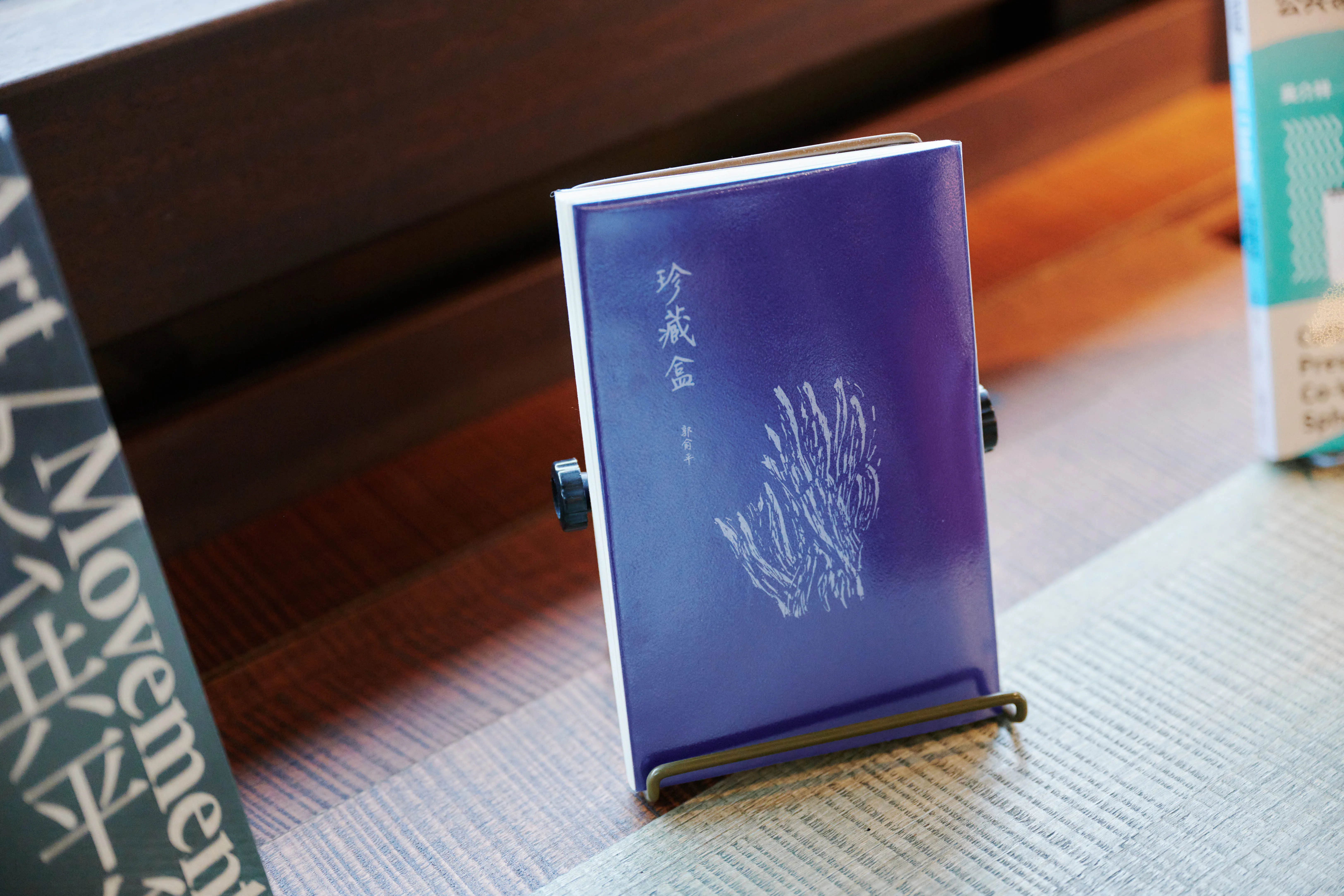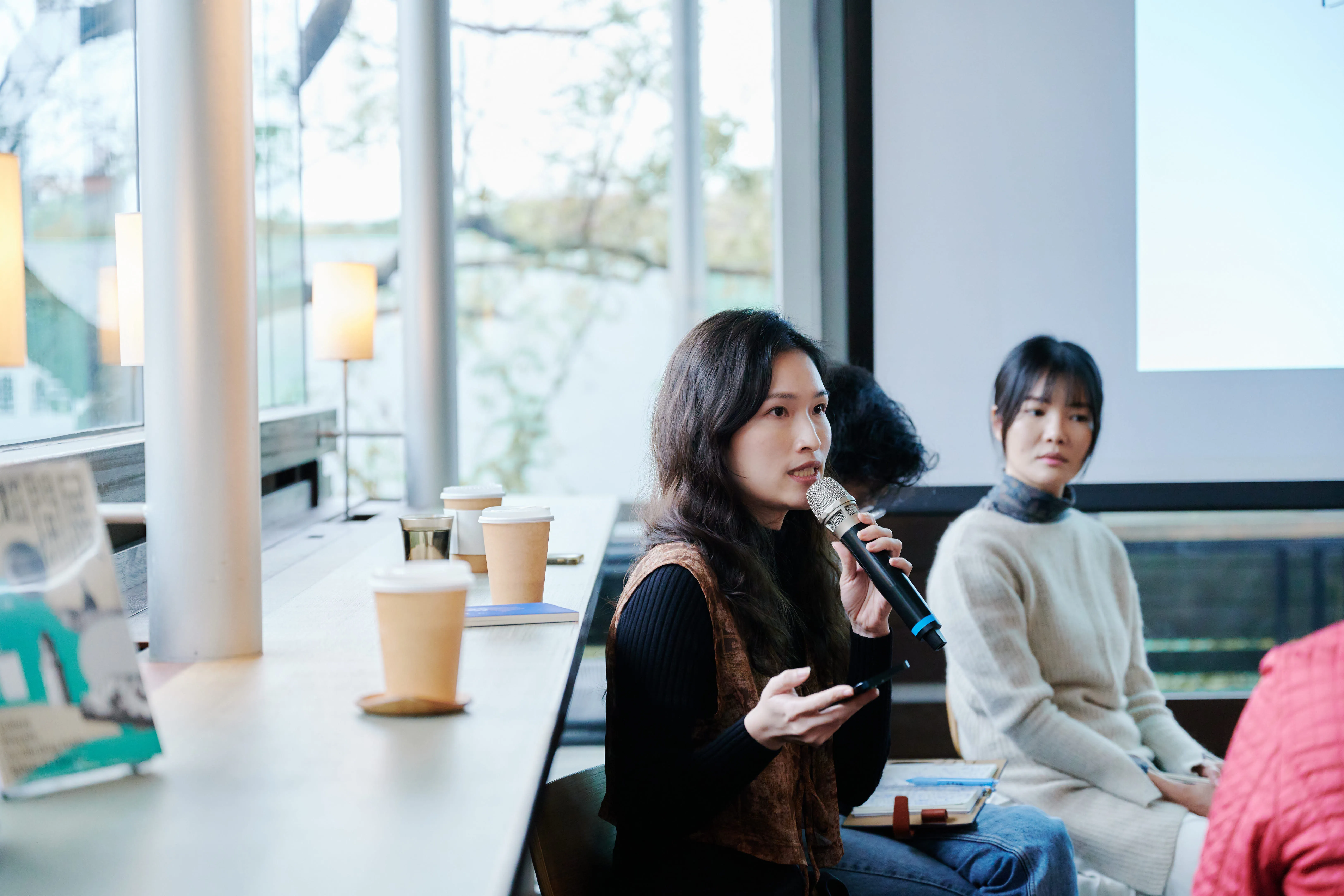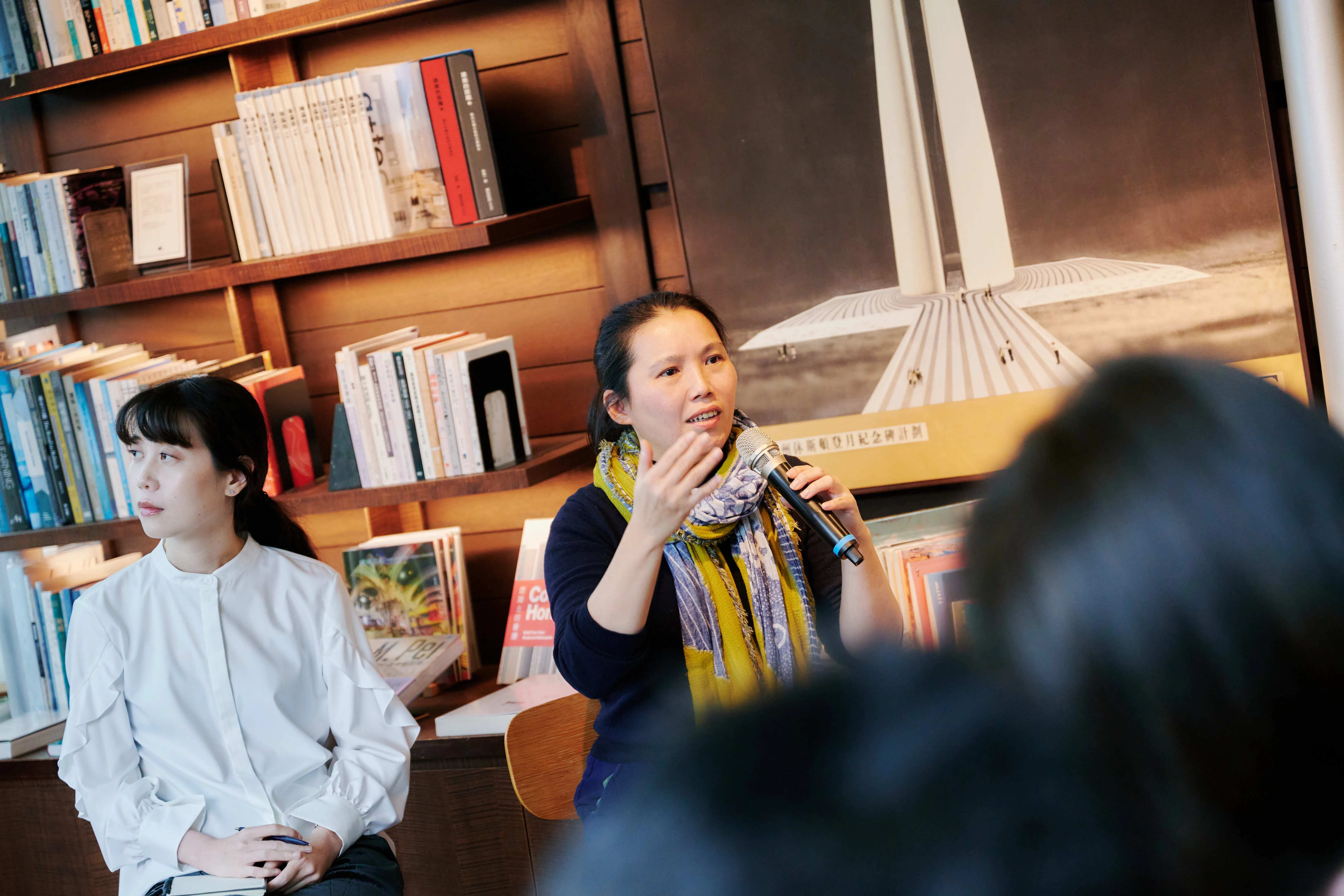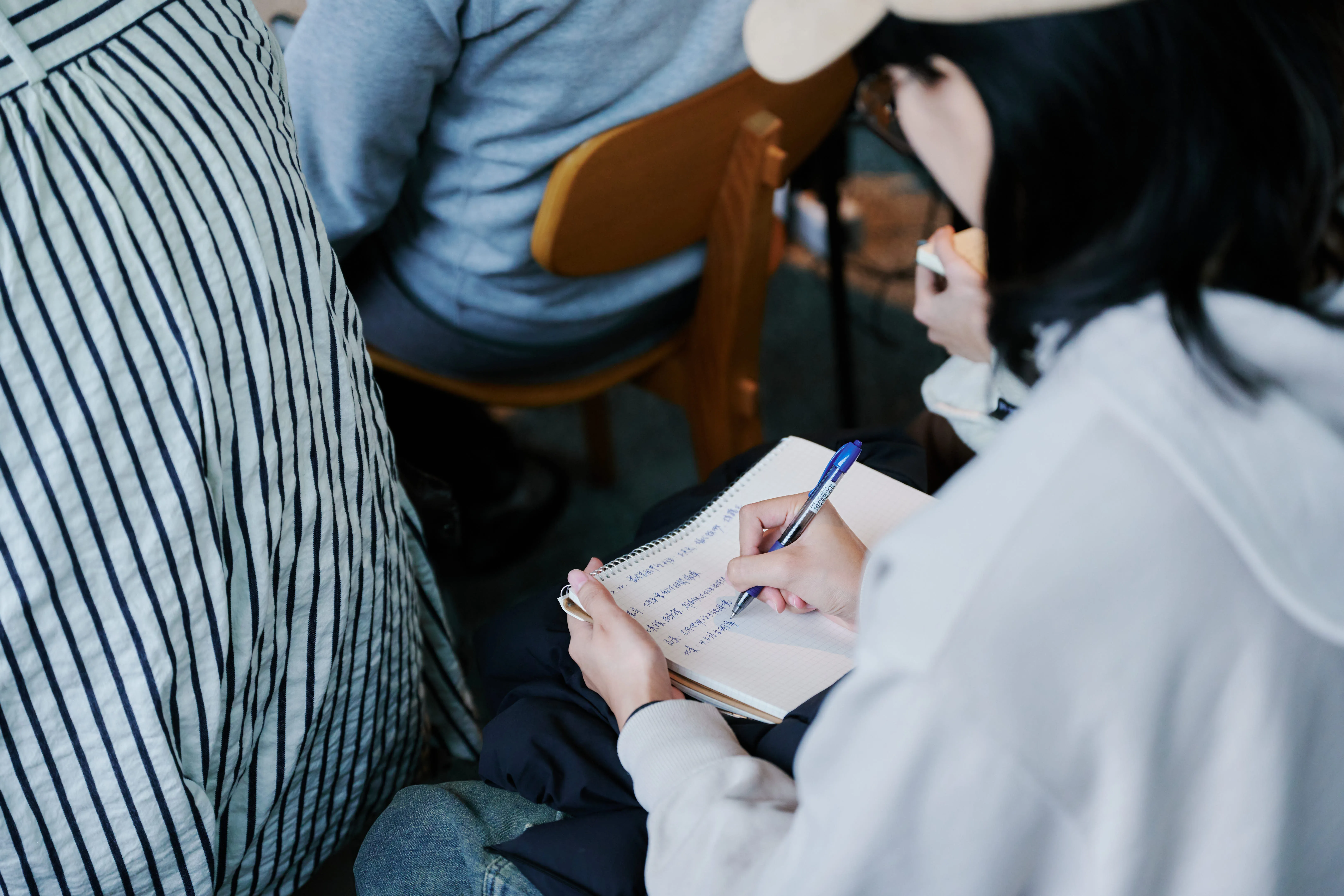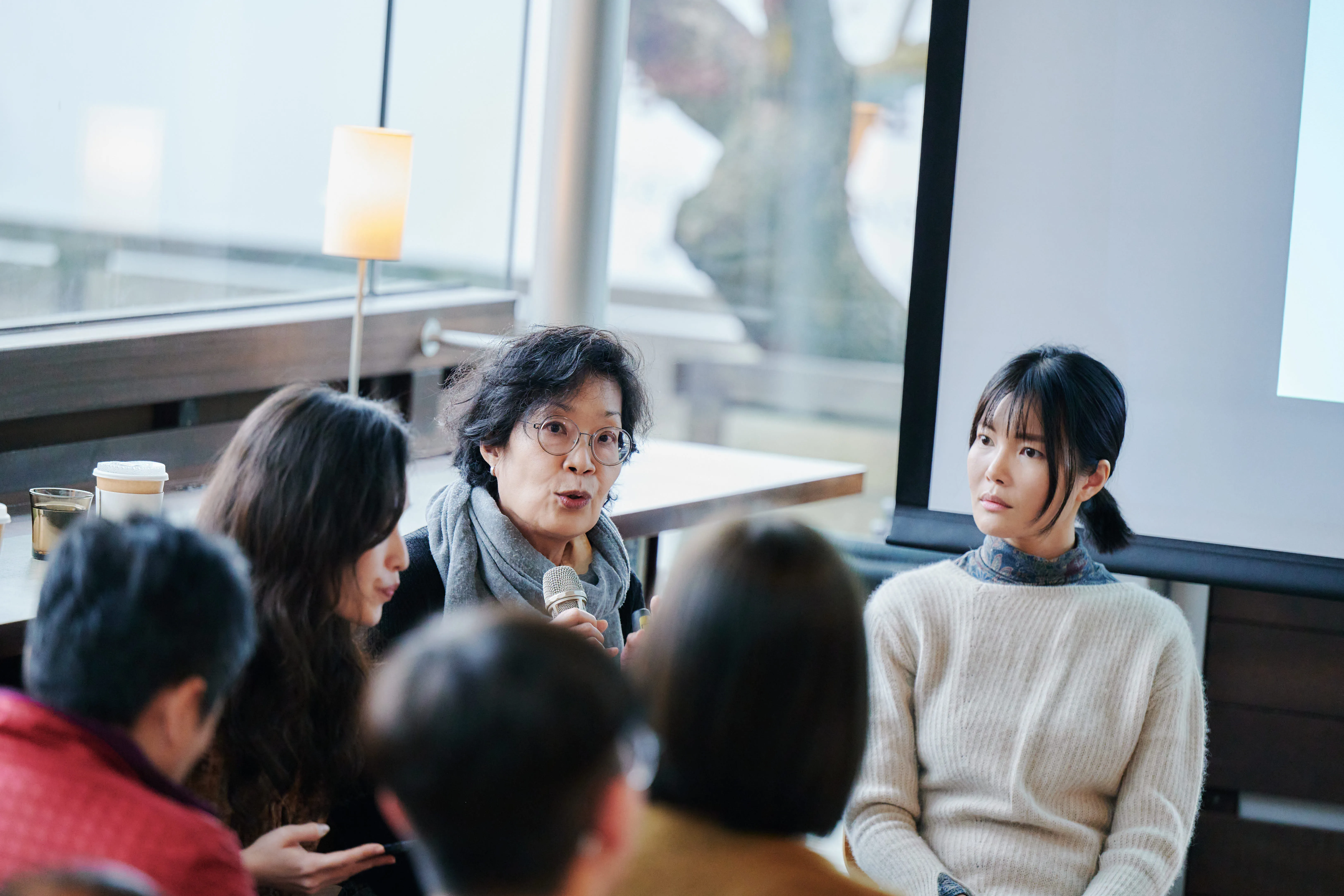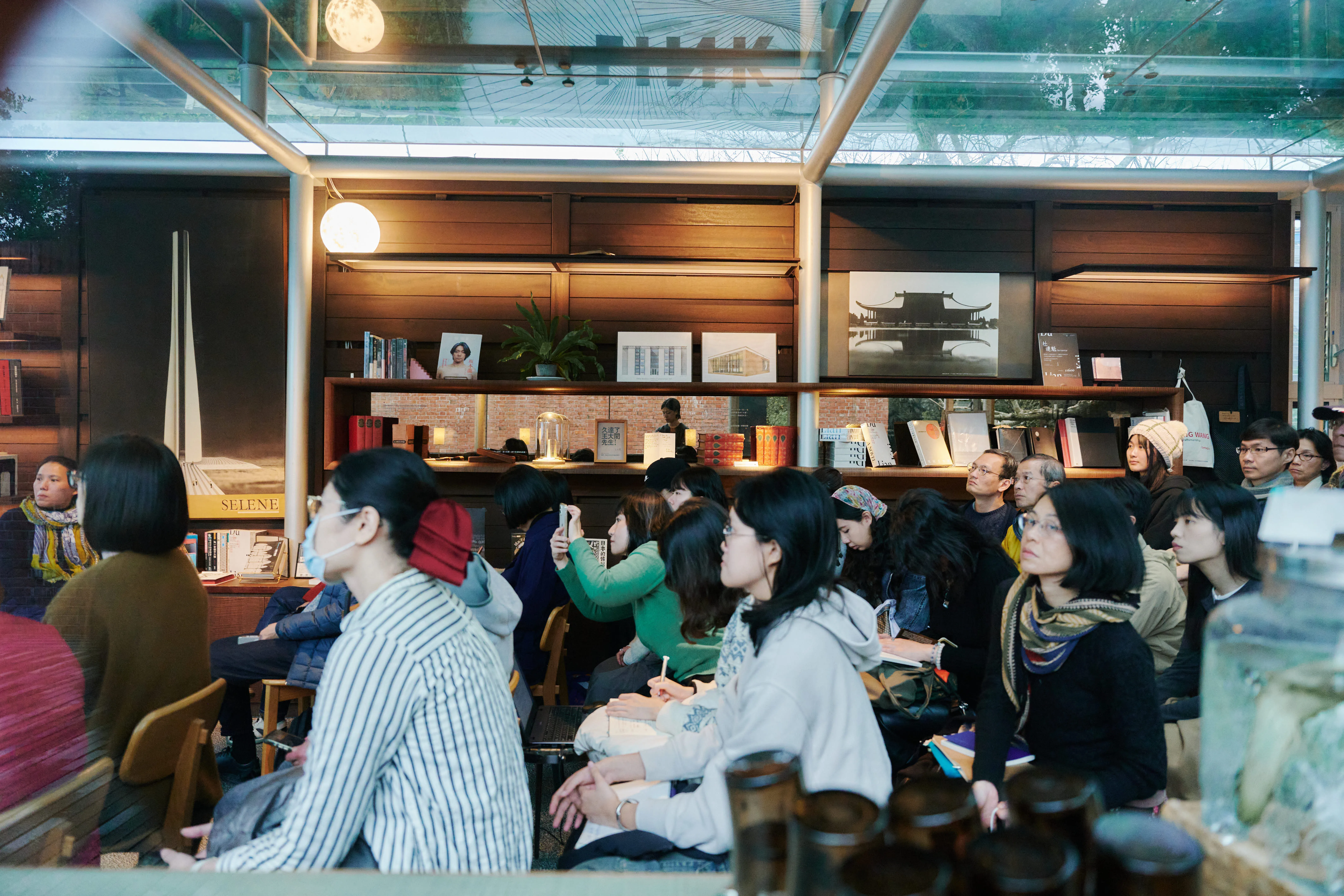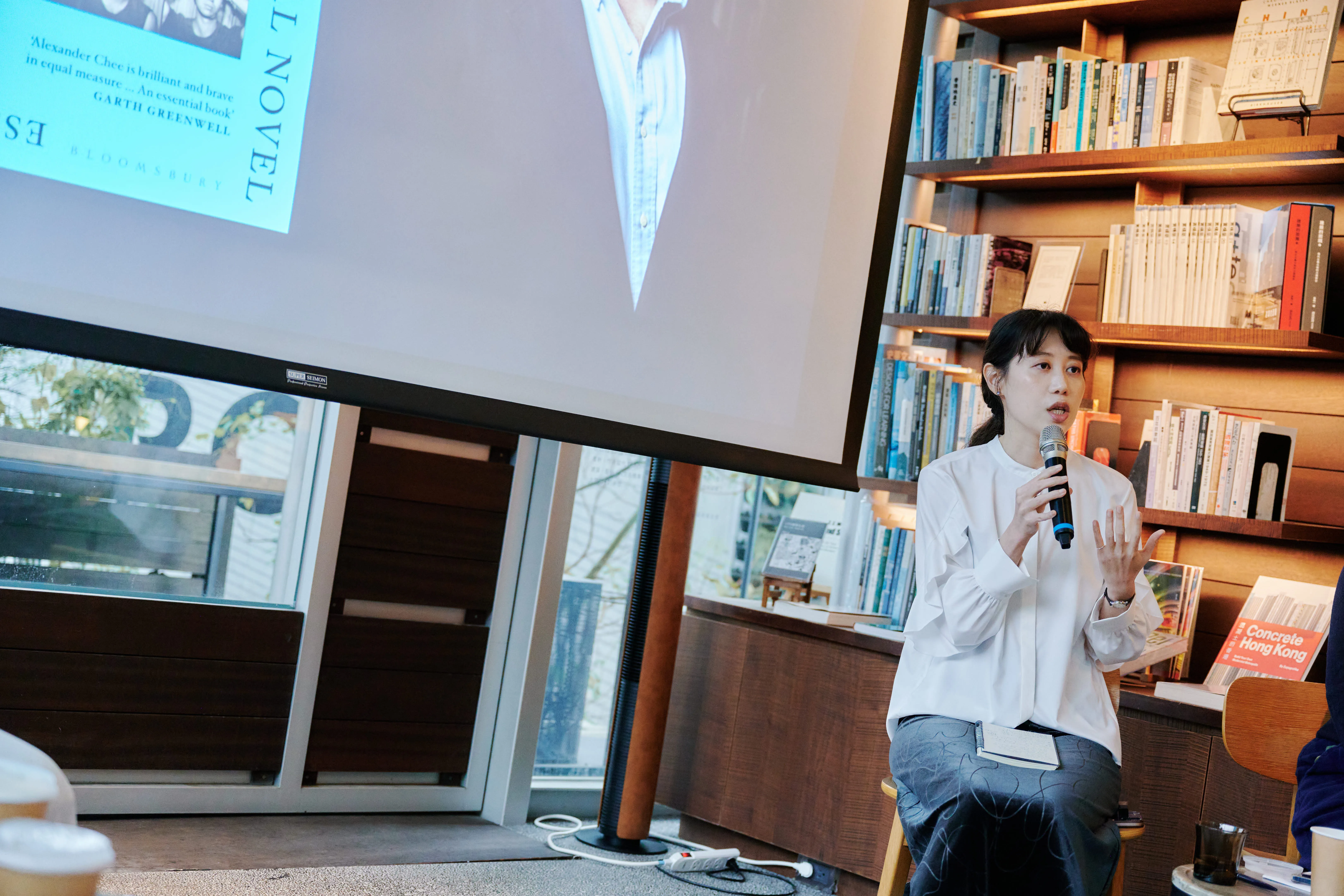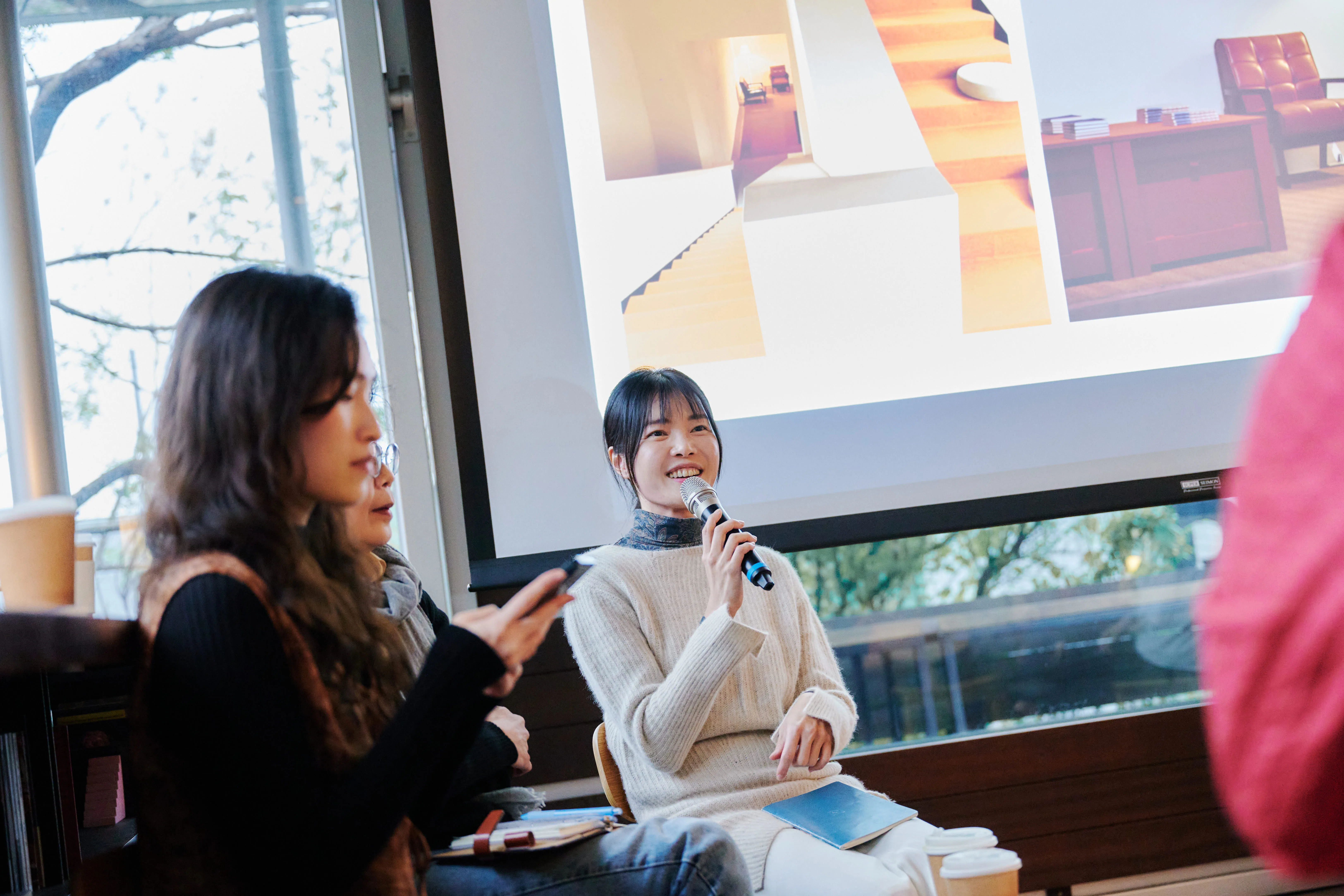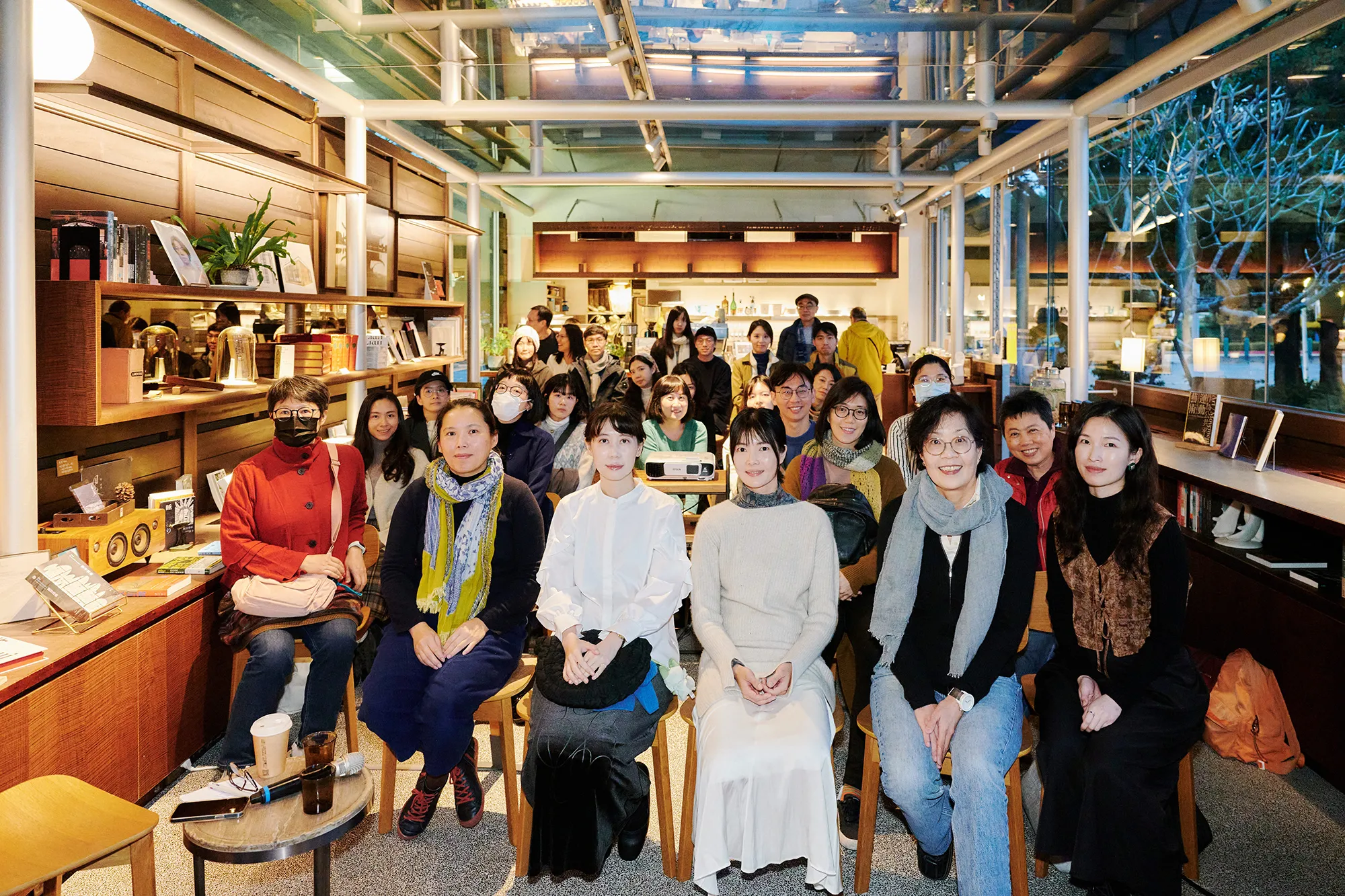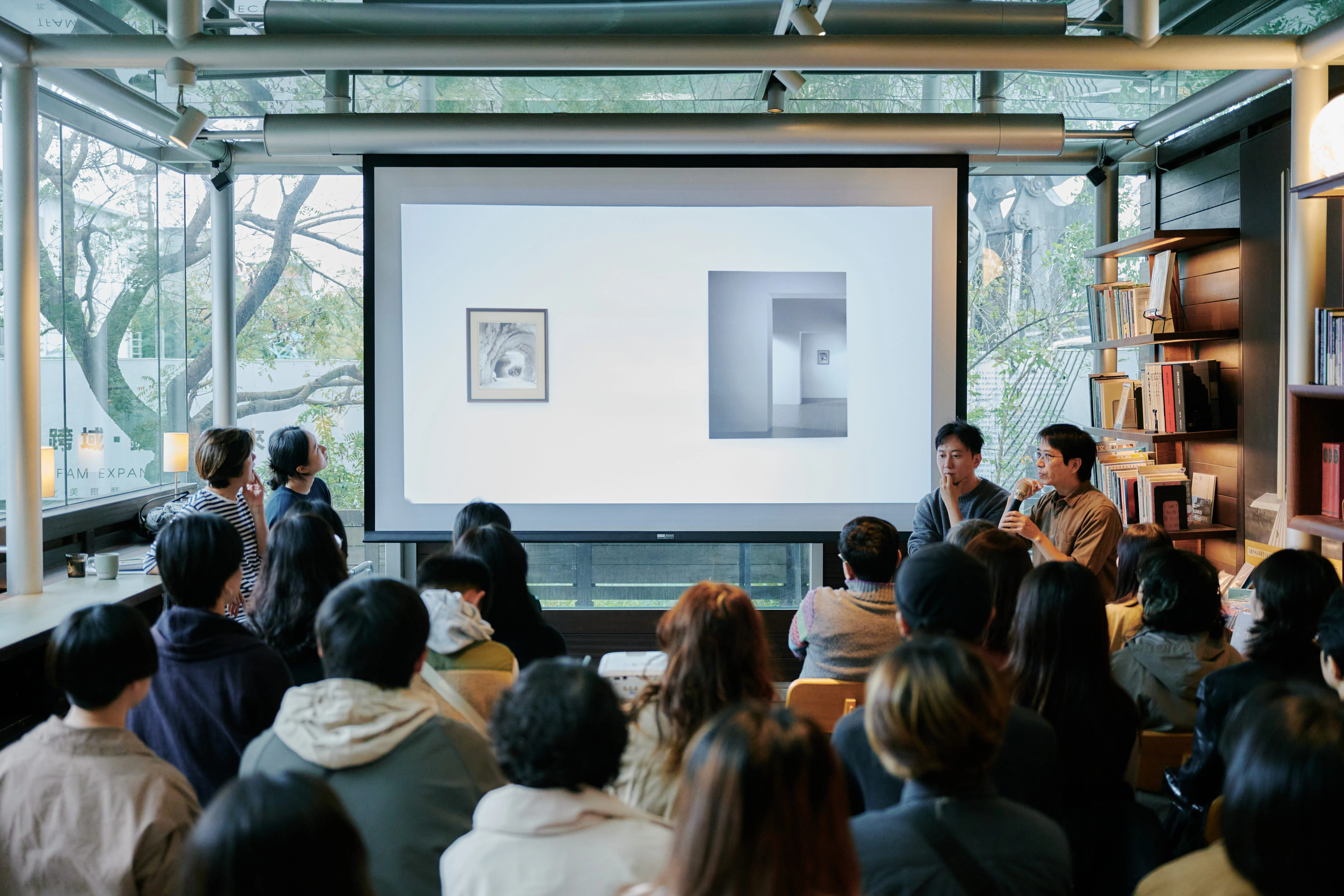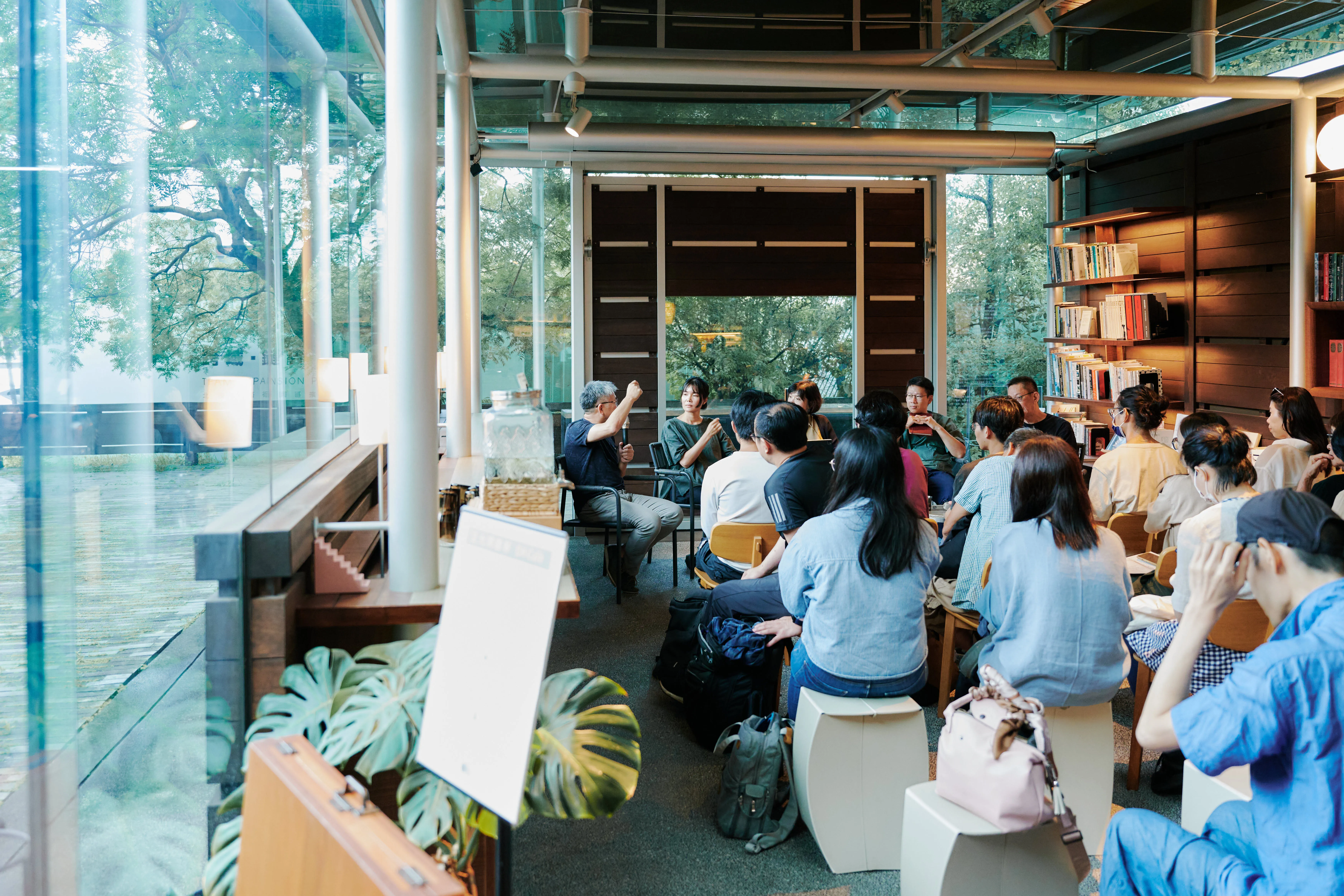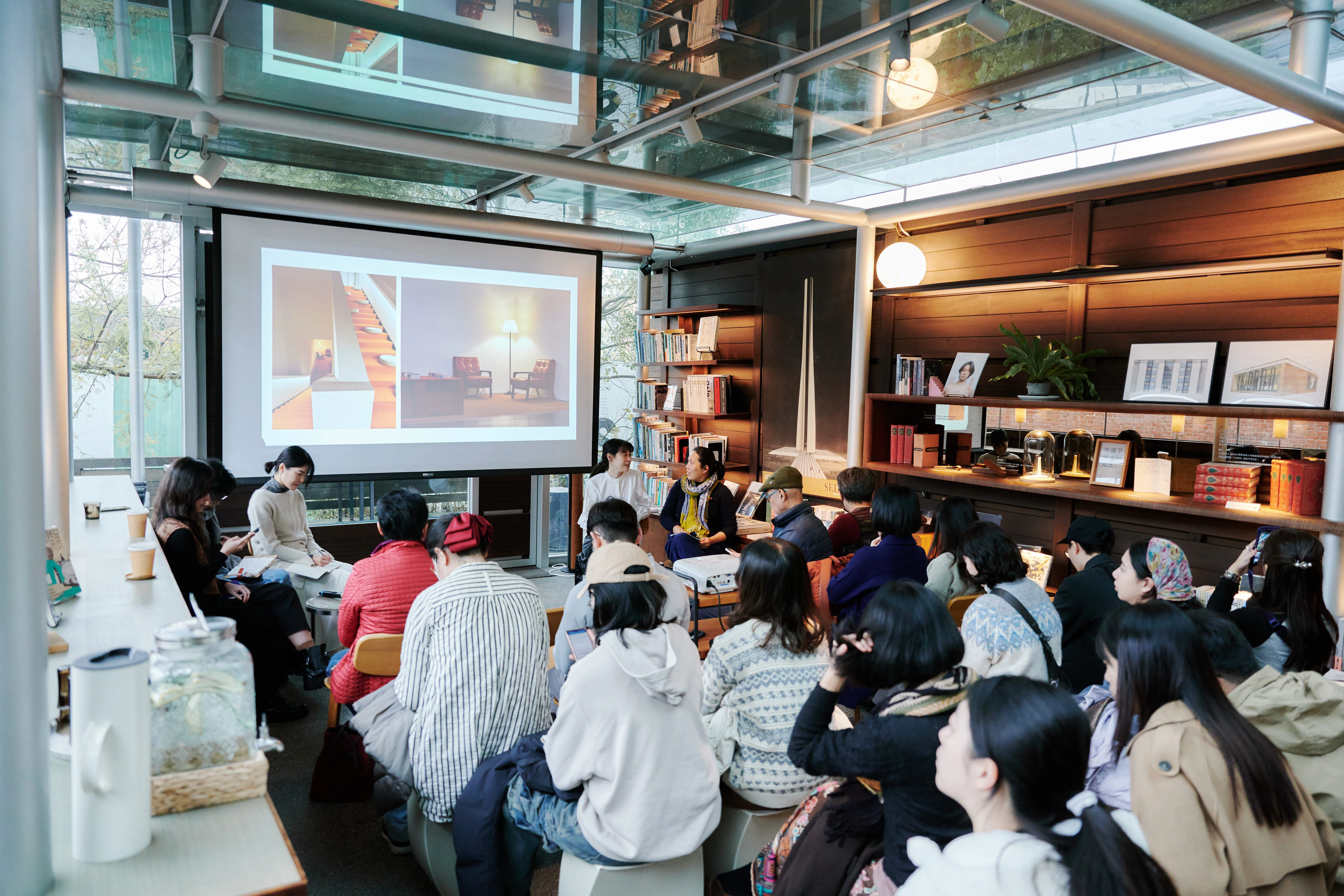
BOOKTALKS| Women in Contemporary Art: Standing Points, Alternative Spheres, Contact Areas
Speakers
Ms. Wu, Adjunct Professor, Department of Fine Arts, National Taiwan Changhua University
Lui Pei-Yi, Director and Associate Professor of Contemporary Art Criticism and Curation, National Taipei University of Education
Project Assistant Professor, Institute of Art History, National Taiwan Normal University, Pei-Chun
Artist Guo Yu Ping
Host
Chen Si Yutian Magazine Social Enterprise Editor and Production Coordinator of ArtBience Art Environmental Sound Podcast
Location
DH Café (No. 153, Section 3, Zhongshan North Road, Zhongshan District, Taipei City)
Fee
$150 (Discountable on same day purchase)
Introduction
Over time, the frame of gender has been seen as a fluid domain, and the term “woman” has become a concept full of ambiguity and dynamism, giving a variety of forms and reflections to contemporary Taiwanese art. Nestled in a place with a particular material history, evolving with it, has its unique inclinations and cares, while also serving as a variety of footholds, alternative realms, and touchpoints for the potential of human experience liberated when overcoming prejudice and learning tolerance differences.
This talk explores exhibitions focusing on women artists from different directions in 2024, such as the Taipei City Museum of Art's reinvocation of Wulph's “My Room” as an inspiration for its collection “Flying Earth: The Birth of an Autobiography”, and Kaohsiung City Art Museum from “Indonesia, etc. : The Lost Pearls of the Gods”, a documentary entitled “Pearls — Women's Art from the Southern Perspective”, invited four speakers to bring up the corresponding theme:
Lui Pei-Yi - Talking about how to curate an overlooked history with “Flying Earth” and “Pearl”
Wu Xiangxiang - The Blind Spot of Art History as a Hero - The Afterlife, the Fall of Heroes, Originality
Xie Pei Jun - Critic Women's Biography/Autobiography/Autobiography
Yu-ping Guo - The Tension of Fiction and History, Personal and Contextual Life - About the Treasure Box
Event Recap
Looking back at the end of last year, the Taipei City Museum of Art and the Hung City Art Museum jointly held exhibitions focusing on women artists revealed a pervasive experience of women, showing that beauty and suffering coexist in their creative lives. This talk focuses on artist Guo Yu-ping's participation in the exhibition “Flying Earth: An Autobiographical Birth” at the North American Museum, exploring three key words from “standing point”, “alternative space” and “contact zone” to reunderstand the idea of the word woman.
The Treasure Box plays an interconnected role, bringing the live and off-screen stories of artists such as Li Fangchi, Cheng Qiongjuan, and using fiction as a medium to bring viewers closer to the state of their creations. The story in the book is not that of a junior high school student, but is made up of constantly considering and recreating the life scene of that time. Through a genre similar to Autofiction, these women who have been absent from art history are shaping their historical consciousness and perspective, drawing out their lives on a half-virtual, half-archival basis.
Extending from the discussion of The Treasure Box, the talk is expressed in a spatial sense of words. “Stand Your Ground” reminds people of the need for external things to correspond to their point of view in order to generate self-awareness in the history of writing; “alternative space” means that in order to balance historical narratives, there should be space to accommodate different voices in mainstream discourse; “contact zone” is the movement of differing opinions from one another, a safe area for mutual understanding. Under conditions that have changed the way art history is interpreted, gender inequality can only be overturned.
There used to be a group of women with strong vitality and creativity, while playing the role of an important cultural asset. And now it's not too late to know them, and history has a chance to be replenished. Not only to understand the past, but also to shape the future of creativity.
